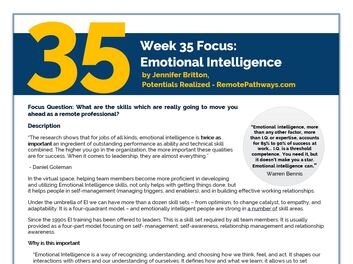 Focus Question: What are the skills which are really going to move you ahead as a remote professional? Description “The research shows that for jobs of all kinds, emotional intelligence is twice as important an ingredient of outstanding performance as ability and technical skill combined. The higher you go in the organization, the more important these qualities are for success. When it comes to leadership, they are almost everything.” - Daniel Goleman In the virtual space, helping team members become more proficient in developing and utilizing Emotional Intelligence skills, not only helps with getting things done, but it helps people in self-management (managing triggers, and enablers), and in building effective working relationships. Under the umbrella of EI we can have more than a dozen skill sets – from optimism, to change catalyst, to empathy, and adaptability. It is a four-quadrant model – and emotionally intelligent people are strong in a number of skill areas. Since the 1990s EI training has been offered to leaders. This is a skill set required by all team members. It is usually provided as a four-part model focusing on self- management, self-awareness, relationship management and relationship awareness. Why is this important “Emotional Intelligence is a way of recognizing, understanding, and choosing how we think, feel, and act. It shapes our interactions with others and our understanding of ourselves. It defines how and what we learn; it allows us to set priorities; it determines the majority of our daily actions. Research suggests it is responsible for as much as 80% of the “success” in our lives.” - J. Freedman. 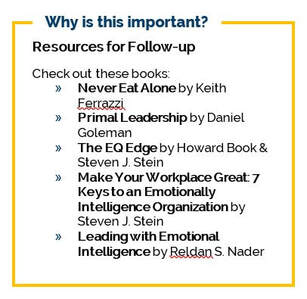 Activity Spend some time learning more about Emotional intelligence. You may wish to do one of many EI assessments available in the books listed in this week’s reading list or reach out to us to learn more about the Agile EQ Everything DiSC assessment we offer. Email us at [email protected]. Best wishes, Jennifer Jennifer Britton
Co-host of the Remote Pathways Podcast Potentials Realized – Coaching, Training and Consulting Services for remote teams, leaders and professionals Check out the most recent Remote Pathways Podcast Episode, where we explore the people, places and processes of exceptional remote work. You can listen to the latest episode here, or on your favorite podcast player.
0 Comments
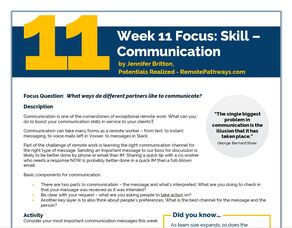 Focus Question: What ways do different partners like to communicate? Description Communication is one of the cornerstones of exceptional remote work. What can you do to boost your communication skills in service to your clients? Communication can take many forms as a remote worker – from text, to instant messaging, to voice mails left in Voxxer, to messages in Slack. Part of the challenge of remote work is learning the right communication channel for the right type of message. Sending an important message to our boss for discussion is likely to be better done by phone or email than IM. Sharing a quick tip with a co-worker who needs a response NOW is probably better done in a quick IM than a full-blown email. Basic components for communication:
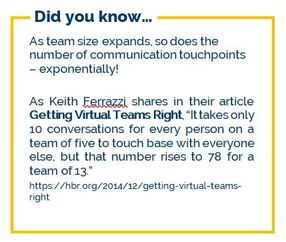 Activity Consider your most important communication messages this week. Ask yourself:
For more on this topic check out: Communication in general is the main focus of my 2017 book, Effective Virtual Conversations. Be sure to read the relevant chapters – for example, chapters 9 – 11 if you are a virtual or remote team, or Best, Jennifer Jennifer Britton
Co-host of the Remote Pathways Podcast Potentials Realized – Coaching, Training and Consulting Services for remote teams, leaders and professionals Check out the most recent Remote Pathways Podcast Episode, where we explore the people, places and processes of exceptional remote work. You can listen to the latest episode here, or on your favorite podcast player. 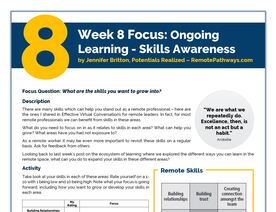 Focus Question: What are the skills you want to grow into? Description There are many skills which can help you stand out as a remote professional – here are the ones I shared in Effective Virtual Conversations for remote leaders. In fact, for most remote professionals we can benefit from skills in these areas. What do you need to focus on in as it relates to skills in each area? What can help you grow? What areas have you had not exposure to? As a remote worker it may be even more important to revisit these skills on a regular basis. Ask for feedback from others. Looking back to last week’s post on the ecosystem of learning where we explored the different ways you can learn in the remote space, what can you do to expand your skills in these different areas? Activity Take look at your skills in each of these areas. Rate yourself on a 1-10 with 1 being low and 10 being high. Note what your focus is going forward, including how you want to grow or develop your skills in each area. 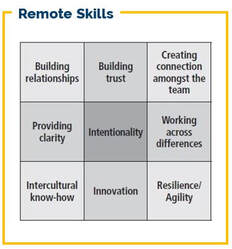 Note your ratings and consider what you want to do to grow in these areas you have highlighted. My top 3 areas of focus are: 1. 2. 3. Take a few minutes to download this week's 52 Week for Remote Work one-pager on Remote Working Skills. All the best, Jennifer Check out the most recent Remote Pathways Podcast Episode which covers the topic of Mentoring, Working from anywhere and systems. You can listen to Episode 6 here, or on your favorite podcast player. Also be sure to take a look at the episode download.
|
AuthorThe Remote Pathways blog follows many of the themes we explore in the Remote Pathways Podcast. This year (2020) we're proud to bring you a 52 week-series for you to follow along throughout the year. Posts are penned by co-host Jennifer Britton, an avid award-winning blogger for many years. Jennifer is the author of five books. Visit her author page on Amazon. Archives
December 2020
Categories
All
|

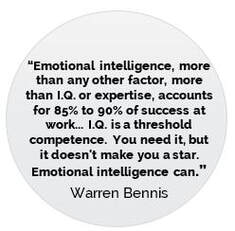
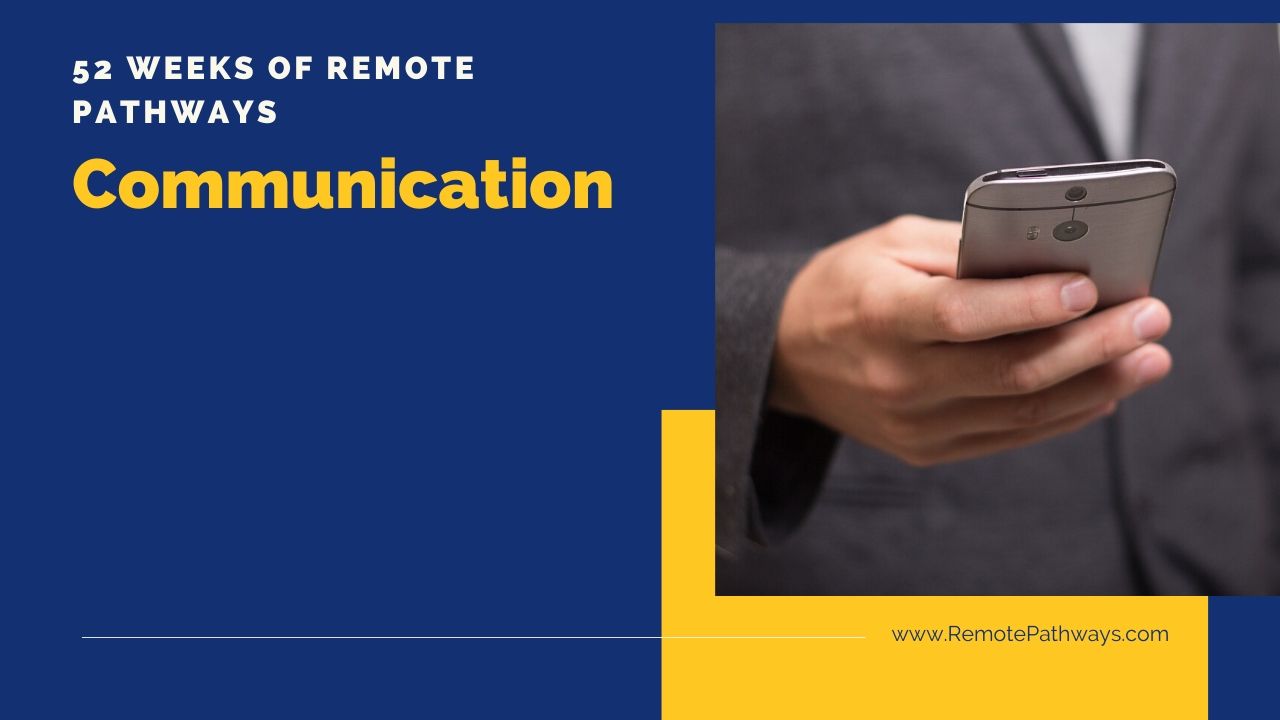
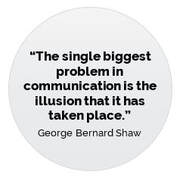
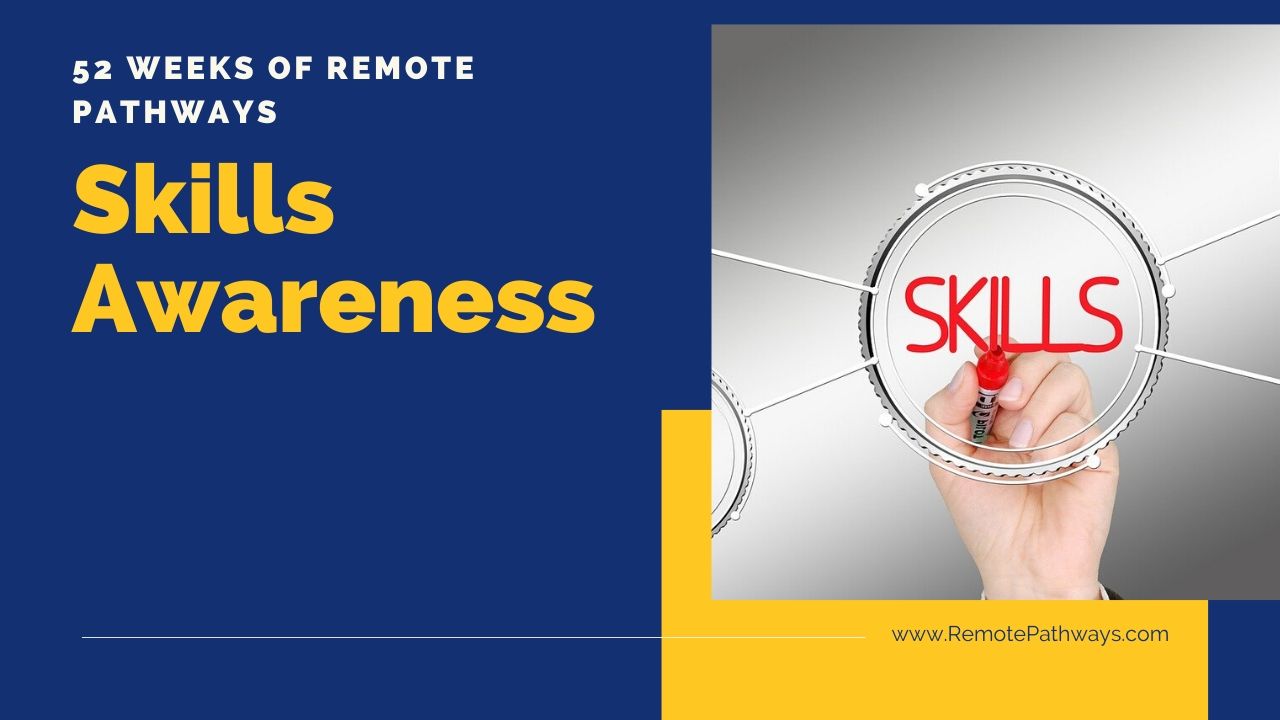
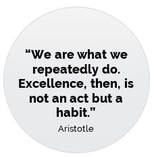
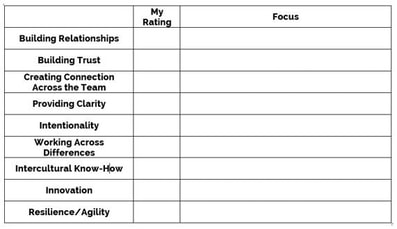
 RSS Feed
RSS Feed